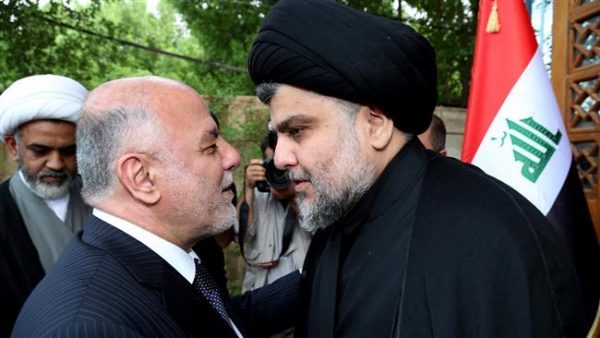BAGHDAD (Reuters) - Iraq’s prime minister said on Tuesday there were “dangerous violations” in the May 12 parliamentary election and banned members of the election commission from traveling, a move that could hinder the delicate process of forming a new government.
The election was won by a bloc led by cleric Moqtada al-Sadr, a long-time adversary of the United States who also opposes Iran’s sway in Iraq.
“In the beginning I said ‘Let’s keep going and let the commission deal with the violations’. There are violations each election, here and there.”
“The committee has revealed dangerous things, honestly. Yes there may have been some violations by candidates but the election commission bears the largest share of the responsibility,” he said.
Abadi said the main issue was with the electronic vote counting devices used by IHEC this year, which he said had been used without prior inspection for errors.
An IHEC spokesman declined to comment.
Abadi’s stance raises the prospect of further uncertainty in Iraq at a time when political blocs were starting the complicated process of forming a new government, watched closely by Baghdad’s Western allies.
Sadr, whose bloc won the election, led two violent uprisings against U.S. occupation troops after the fall of Saddam Hussein in 2003, secured a surprise victory in the poll by tapping into resentment with government corruption and Tehran’s deep influence in Iraq, its most important Arab ally.
Reporting by Ahmed Aboulenein; writing by Michael Georgy; editing by Richard Balmforth
Our Standards:The Thomson Reuters Trust Principles.

No comments:
Post a Comment